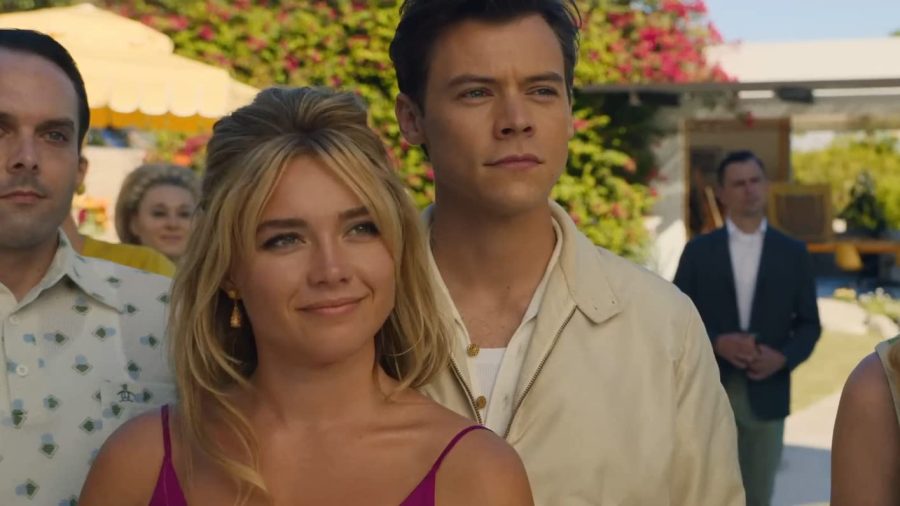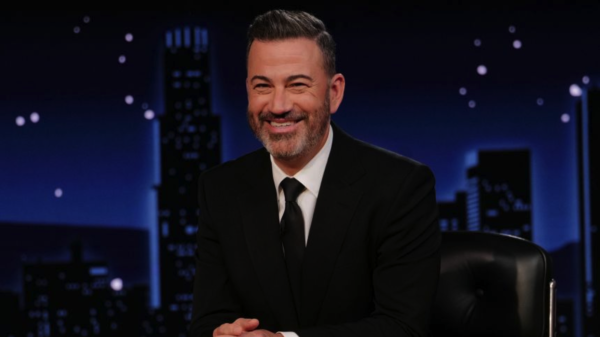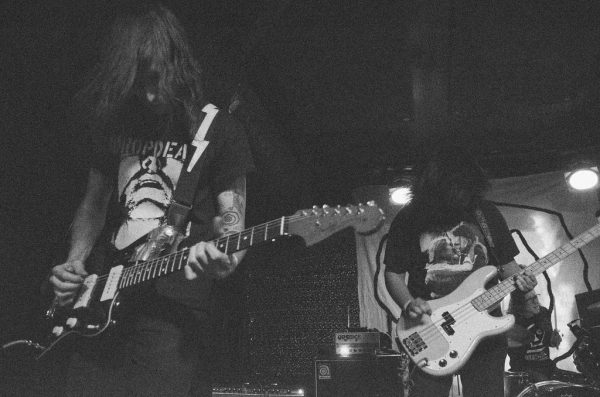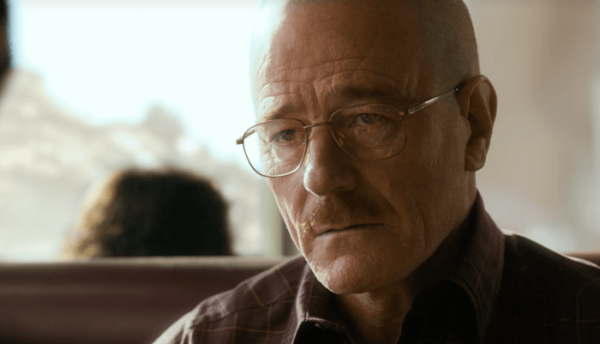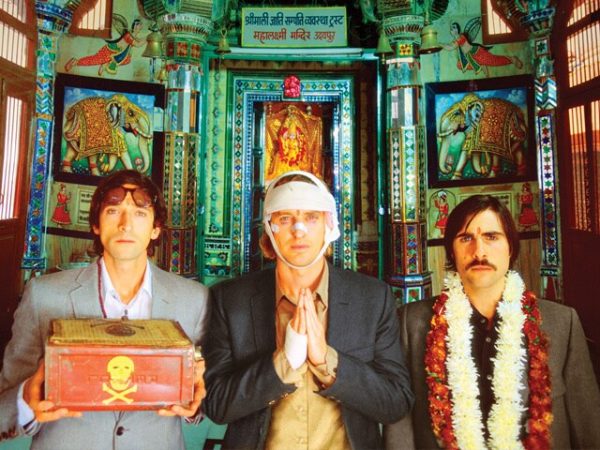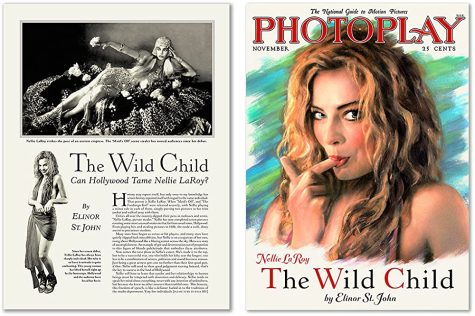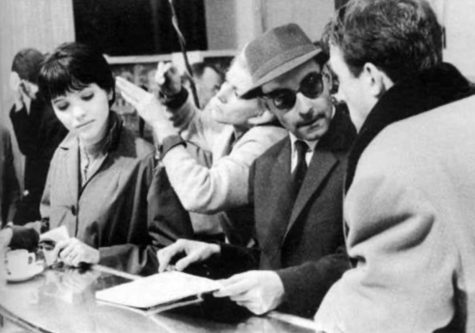Don’t Worry Darling’s Review: Female Suffrage and the Male Sublime
Don’t Worry Darling Spoilers Ahead
Olivia Wilde’s Don’t Worry Darling is a bittersweet seduction into the so-called ideal world and the small cracks that reveal its faults provoked by power, indoctrination, and docility.
The film centers around the residents of the charming and majestic Victory housing development, where the main character Alice (Florence Pugh) and her husband Jack (Harry Styles) reside. The women who live in the compound are subject to one rule: to stay away from the men’s place of work (the Victory Headquarters). However, Alice grows weary of her husband’s secretive nature, and finds as a result that something sinister is looming over their quaint suburban paradise.
During the climax of the film, Jack’s sinister intentions are finally revealed: he placed himself and his partner Alice within the confines of a virtual reality of sorts, where misogynists and conformists alike can partake in the suburban fantasy the U.S. government likes to pretend we reside in, free of the many societal problems that tarnish the perfection they ever-so desire. This lust for perfection, however, is at the expense of women, and many of them are unaware of this, or merely content within such a reality.
In a recent Variety article, Wilde was asked what drew her to Don’t Worry Darling’s screenplay, and she shared an initial idea came to her when Donald Trump was elected: “I was looking for a way to tell a story about what happens when someone is willing to sacrifice a system that serves them in order to do the right thing.” Wilde’s initial idea is clearly seen in the themes of the final film, with an intertwining of metaphor, reality, and past-reality to reflect the ever present faults within our society. The issue at hand is that Wilde was too ambitious with her aspirations for the film itself, having named some of the greats of the psychological thriller genre (such as Inception, The Truman Show and The Matrix) as direct inspirations. These inspirations are positively seen in the stylistic choices, which lead to a visually pleasant and stimulating watch, however the plot and pacing is jumbled and confusing, leading to an unsatisfactory ending and plot twist/reveal setting this film far apart from the greats of its genre.
As I have stated previously, most questions are left unanswered, even though some were touched upon extremely briefly. (Why were Peg and Peter often excluded from Frank’s events?, What did Frank exactly do to Ted and Margaret?, Why were there earthquakes?, What is the relevance of the plane crash/the plane theme?, Why do the men physically die when they die in Victory?, Etc.)
Overall, Olivia Wilde is trying to send out a message: that women face hardships by the hand of men with power (even trusted ones) and the societal roles that have loomed over them throughout the course of history. She has chosen to present this message to the audience in a well-wrapped gift box topped with a one-knot bow, with the intention of making it easy to unravel and to understand the messaging and themes behind the film. However, it somehow leaves the viewer with more questions than they came in with, falling short from the psychological thrillers Wilde stated ever-so confidently to have been inspirations for her film.
The most prevalent problem with Don’t Worry Darling is simply that it brings absolutely nothing new to the table. The whole people-trapped-in-a-decade-and-break-free thing has already been done (take Pleasantville, for example, that also discusses the topic of gender roles and conformity in the 50s). Also, while the film provides a contemporary and compelling take on modern Incel culture, it’s not like the topic is new as feminists have been highly vocal about Incel culture before it was even coined under that term. The topic of indoctrination and cults has also been touched upon countless times (one of the most famous cult films is Ari Aster’s Midsommar, starring Don’t Worry Darling’s own Florence Pugh. That film does a mindblowing job at indoctrinating its viewer alongside its titular character, proving itself more effective than Wilde’s attempts to do so in Don’t Worry Darling).
Wilde’s film serves as a thought-provoking yet overly confusing piece on male societal dominance and the cult-like mentality that incites a culture of superiority over women. One must be ignorant if they were to state the film has absolutely no substance, as its themes are quite prevalent even if overdone, unoriginal, and confusing. With its star-studded cast and impressive scenery and cinematography, Wilde has crafted what I’m sure will be a Box Office hit that will undoubtedly incite endless analysis and dispute amongst its viewers.
Sources:
Wagmeister, E. (n.d.). Olivia’s Wilde Ride: Directing ‘Don’t Worry Darling,’ Making Harry Styles a Movie Star and Being ‘Blown the F— Away’ by Florence Pugh. Variety. Retrieved September 25, 2022, from https://variety.com/2022/film/features/olivia-wilde-harry-styles-sex-scenes-dont-worry-darling-1235347929/
Your donation will support the student journalists of The Baldwin School of Puerto Rico. Your contribution will allow us to purchase equipment and cover our annual website hosting costs.

Hey, I’m Lexi! I’m Puerto Rican and Cuban (born here in PR), and I enjoy appreciating all things artistic, whether that be films, music, photography,...

